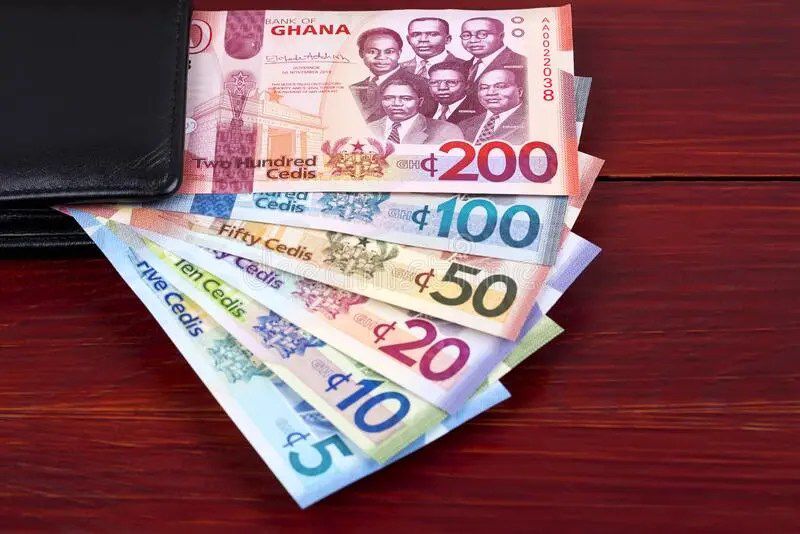The Ghanaian Cedi’s Performance Against Major Currencies: A Comprehensive Overview
The Ghanaian cedi experienced a marginal depreciation against the United States dollar on Friday, April 4, 2025, according to data compiled from Cedirates.com, a trusted source for currency and fuel updates in Ghana. The buying rate for the dollar stood at GHS15.41, while the selling rate reached GHS15.84. This slight weakening of the cedi against the dollar reflects the ongoing dynamics of the foreign exchange market and the various factors influencing currency valuations. These factors can include global economic conditions, local economic performance, investor sentiment, and supply and demand forces within the currency market.
At forex bureaus across Ghana, the cedi traded at slightly different rates compared to the interbank market. Individuals seeking to exchange dollars for cedis could obtain a rate of GHS15.70 per dollar, while those converting cedis to dollars faced a slightly higher rate of GHS16.00 per dollar. This difference in rates is typical in the forex market, reflecting the operating costs and profit margins of forex bureaus. It also highlights the importance of comparing rates from various sources before conducting currency exchanges to ensure the most favorable terms.
The interbank market, where banks trade currencies amongst themselves, offered slightly more competitive rates. The buying rate for the dollar on the interbank market settled at GHS15.52, while the selling rate stood at GHS15.54. This smaller spread between buying and selling rates on the interbank market is characteristic of large-volume transactions conducted between financial institutions.
Beyond the US dollar, the Ghanaian cedi also traded against other major currencies, including the British pound and the euro. The average exchange rate for converting pounds to cedis was GHS20.02, while the reverse transaction of converting cedis to pounds averaged GHS20.77. Similarly, the euro traded at an average rate of GHS16.76 for those exchanging euros for cedis and GHS17.43 for those converting cedis into euros. These fluctuations in cross-rates reflect the relative strengths and weaknesses of each currency in the global foreign exchange market.
The Bank of Ghana’s interbank market provided further insights into the cedi’s performance against the pound and the euro. The pound sold at a rate of GHS20.37, while the euro traded at GHS17.15. These rates, set on the official interbank market, serve as benchmarks for other currency exchange transactions within Ghana’s financial system.
For individuals seeking to send money to Ghana from abroad, money transfer services offered competitive exchange rates. LemFi and Afriex, two prominent money transfer operators, offered rates of GHS15.40 and GHS15.15 per dollar, respectively, for transfers originating from the US or the UK. For those sending British pounds, LemFi provided a rate of GHS20.08, while Afriex offered a slightly more favorable rate of GHS20.01 per pound. Euro transfers through Afriex were priced at GHS16.74 per euro, while LemFi offered a rate of GHS16.90. These variations in rates reflect the competitive landscape of the money transfer industry and the differing cost structures of each operator.
Finally, for digital subscription payments to services like Netflix, Spotify, and Apple Music using Visa and Mastercard, the exchange rate stood at GHS16.64 for both card networks. This standardized rate simplifies international transactions for digital content and provides consistency for consumers utilizing these platforms.
In summary, the Ghanaian cedi experienced marginal depreciation against the US dollar on April 4, 2025, with varying exchange rates observed across different market segments. Forex bureaus, the interbank market, and money transfer services provided a range of exchange rates for various currencies, reflecting the dynamics of the foreign exchange market and the specific operational contexts of each entity. The data presented offers a comprehensive snapshot of the cedi’s performance and provides valuable insights for individuals and businesses involved in international transactions. This information empowers consumers and businesses to make informed decisions regarding currency exchange and remittance strategies.














